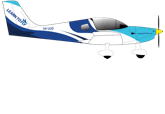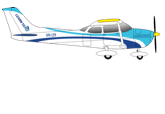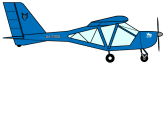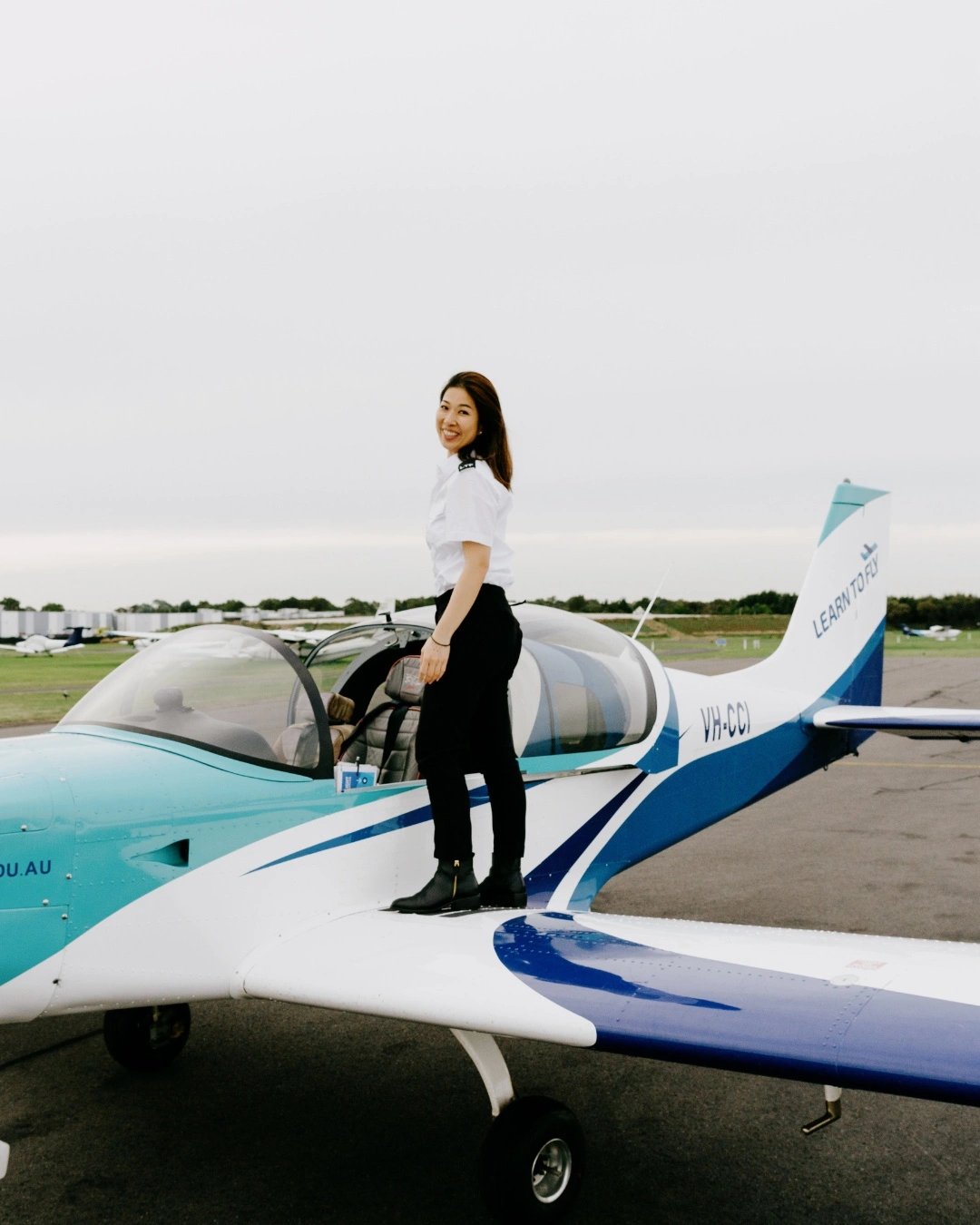
May 09, 2023
First Solo Flight Student Pilot From Hong Kong – Ivy Yung
Learning how to fly and becoming a solo student pilot is a huge accomplishment. Ivy Yung is our student, becoming a commercial pilot has been a personal and professional goal for a while. After commencing training with Learn To Fly, Ivy is now a solo pilot and training towards her commercial airline goal. If Ivy’s aviation journey sounds similar to your piloting goals, read “Pilot Profile: Ivy Yung – Solo Student Pilot” and you’ll get to hear Ivy’s top tips and experiences as a student pilot going solo!
What age are you currently?
Ivy Yung:
I’m currently 34 years old, turning 35 in October. And I’m a solo student pilot!
At what age did you have your first flying lesson?
Ivy Yung:
My first flying lesson was towards the end of 2023, after I turned 34. I enjoyed my first flying lesson as a birthday present to myself!
Where were you born, and where are you living now?
Ivy Yung:
I was born, raised and schooled in Hong Kong – I’m a pure ‘Hongkie’, haha! I have since worked with the commercial airline, Emirates, and lived in Dubai for 6 years. When COVID hit, I found life there a bit surreal and decided to move back to Hong Kong in 2021.
What is the appeal of flying for you?
Ivy Yung:
I have been working in the aviation industry for 10 years. What attracts me is the lifestyle and the cockpit view in the sky. I don’t like a routine job. I like travelling and I enjoy new adventures. Flying allows me to explore new places and experiences from a unique perspective. Flying also provides a sense of excitement that is difficult to replicate through other means. I enjoy it a lot whenever I’m in the sky.
What accommodation arrangements did you make for your flight training with Learn To Fly?
Ivy Yung:
I wanted accommodation nearby the airport to make training more accessible. I stayed in the student accommodation of LTF near Moorabbin Airport. Because I want to focus on my training, I believe a good study atmosphere helps me for learning.
The student accommodation is quite nice. I have a spacious room and modern furnishings. There are around 8 students in the house from different countries like Singapore, China, and Hong Kong. Though we are from different parts of the world, we respect and support each other. It’s a very, very good vibe there!
What I like most is the kitchen area. Because during dinner time, my housemates and I will prepare dinner together and chat about the training on that day. Then we will have dinner at the long dining table, filled with laughter. I am so glad that we work and live like a team.
I arranged the accommodation when I confirmed my training course with LTF. I just simply arranged with them via email by providing my period of stay. The LTF team make it very easy, and the staff are really nice.
I have compared the price and location with the surrounding Airbnb options.. However, the student accommodation is cheaper and closer to my training at Learn To Fly. And most importantly, I have a group of peers to share the joys and challenges of flying, which other accommodations can’t provide.
Have you met other student pilots whilst undertaking your aviation training?
Ivy Yung:
Yes! My housemates are all student pilots in LTF, and love it. They are really helpful and supportive. Some of them are not flying the same aircraft type as me, but it is always good to know from their sharing different perspectives and other interesting aircraft.
I was a bit stressed before going solo, but they helped me by sharing their tips and notes, which helped me a lot. Peer influence plays a big role in my learning path and I’m so grateful to have them on my flying journey!
How many hours had you flown when you went solo?
Ivy Yung:
I was at 17.5 hours of logged flight time before my first solo, then I had 18 hours in total once I finished. It was so exciting!
Looking back before your first solo flight as a pilot, was it different to what you had imagined?
Ivy Yung:
Yes. My first solo happened so fast! It was incredible. I was so excited and focused my tears almost burst out after I landed and returned to the run-up bay. The ATC said, “Congratulations on your first solo, CCI (the callsign)”. OMG! I can’t believe that I could fly a plane by myself, and I feel so proud of myself. I can’t describe that moment and my emotions at all, it was just amazing.
What pilot licence are you working your way towards with your aviation training?
Ivy Yung:
My goal is to get into an airline cadet pilot program. My goal is not only a Recreational Pilot Licence (RPL) or Private Pilot Licence (PPL), but also a Commercial Pilot Licence (CPL), Multi-Engine Instrument Rating (MECIR), and Airline Transport Pilot Licence (ATPL).
What aircraft have you been training in with Learn To Fly Melbourne?
Ivy Yung:
With Learn To Fly Melbourne, I have been training in a Sling 2 LSA. This is a single-engine recreational aircraft with great visibility, fuel range and handling for student pilots.
What were you thinking before your first solo flight as a pilot?
Ivy Yung:
When Cam (the instructor) asked me, “Are you confident and ready to fly by yourself?” it was a bit unreal! This is what I have been waiting, studying and aiming for. After taking a 9-hour flight from Hong Kong to Melbourne, twice, I was super, super excited! I remember thinking, ‘please remember this feeling’. The memory will be the perfect motivation in the future for me, even when I face any difficulties in my flying journey.
Completing a normal circuit at Moorabbin Airport, I took off and landed on Runway 17L. I was very focussed, I wanted to make sure I did everything correctly by myself. The 6 minutes of circuit time flew past so quickly during concentration that I had to remind myself to enjoy it, haha!
What about during your first solo, what was running through your mind?
Ivy Yung:
During the final approach, I was making sure I was doing the steps right. I was a bit nervous but mostly excited. All I was thinking about was a good landing. All the instructor feedback was going through my mind. Am I too high or too low? Is the speed appropriate? Am I on the centre line? It may sound a bit stressful, but it was enjoyable. Flying is a balance of safety and fun, am I right? Haha! I touched down on the runway. It wasn’t my most perfect landing, but I DID IT!! I landed a plane by myself, and it was totally worth it!
What would you like to do next with your flying?
Ivy Yung:
I am currently doing some theory courses in Hong Kong. This will prepare me for the interview for the cadet pilot program in Cathay Pacific. I would like to join as a pilot in an airline and fly an A350 or A380. I want to be a professional and knowledgeable airline pilot for the rest of my life… and charming at the same time, haha!
What do your friends say when you tell them you are a pilot?
Ivy Yung:
My friends are so happy for me! They know that this is a goal I’ve been aiming for so long. They keep saying that ‘OMG Ivy, you are soooo cool – this is such a big milestone in your life!!’, and feel jealous of me. Haha! Above all, my friends feel so proud of me and think that I have chosen the right path for my life.
What advice or tips do you have for someone else thinking about becoming a student pilot?
Ivy Yung:
For anyone looking to become a student pilot and fly solo, all they need is to prepare themselves mentally. Flying is not cheap, so treasure every moment and make use of every resource during the learning journey. Classmates, instructors, engineers, ATC – even the guy who helps with refuelling – are all interesting people that are there to help.
Secondly, there will be some challenges along the way when you’re learning to fly. Don’t give up, but use it as motivation. We don’t have to pay for learning If we can land a plane smoothly and perfectly at the beginning, right? That’s why we are here in a flying school, to learn the correct way of doing things.
Thirdly, some preparation before starting training helps. Look up the weather at that airport, and understand the aerodrome, radio calls and flight patterns. All of this you can learn on the Learn To Fly YouTube channel!. This preparation will enhance your learning efficiency. After starting your training, preparation is still helpful. For me, I like to check the ATIS, do a mental or virtual lesson, and focus on a learning goal each day. Setting goals helps to keep me on track for my aviation pathway.
Last but not least, just enjoy and remember the feeling when you’re first in the sky!
So, there it is!
That’s our Pilot Profile on Ivy Yung – Solo Student Pilot. If you’d like to get in touch with Learn To Fly to start your pilot training, chat with one of our flight training specialists by emailing hello@learntofly.edu.au or go to https://drift.me/learntofly/meeting to book a meeting and school tour!
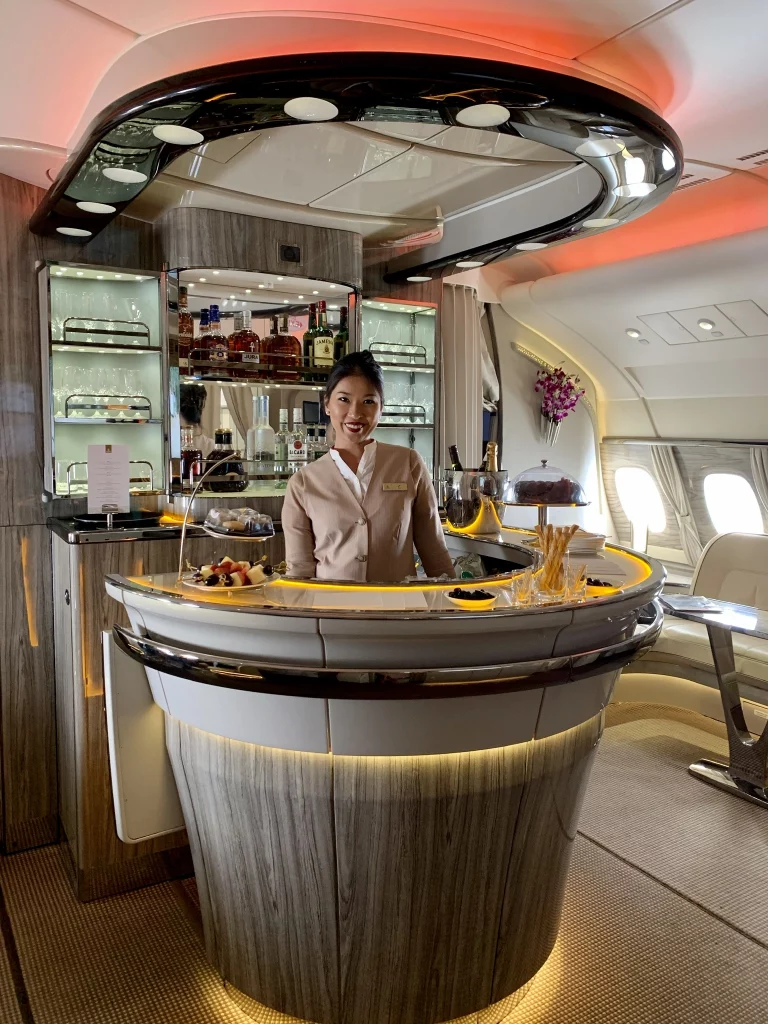
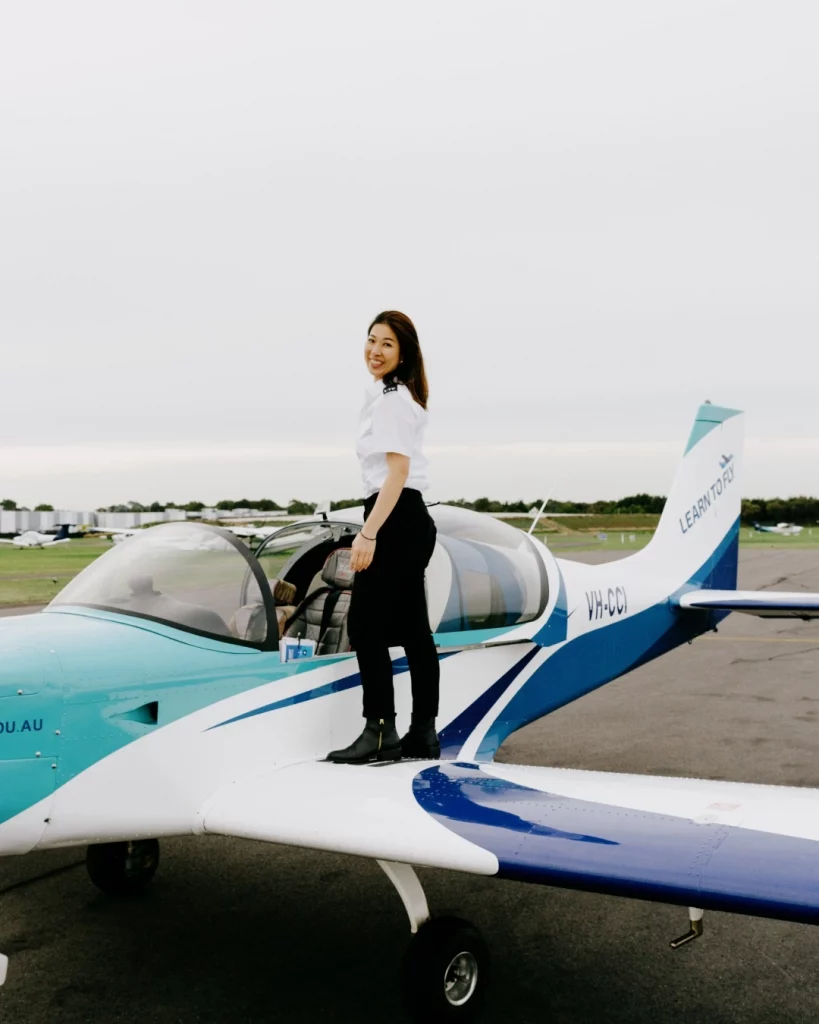
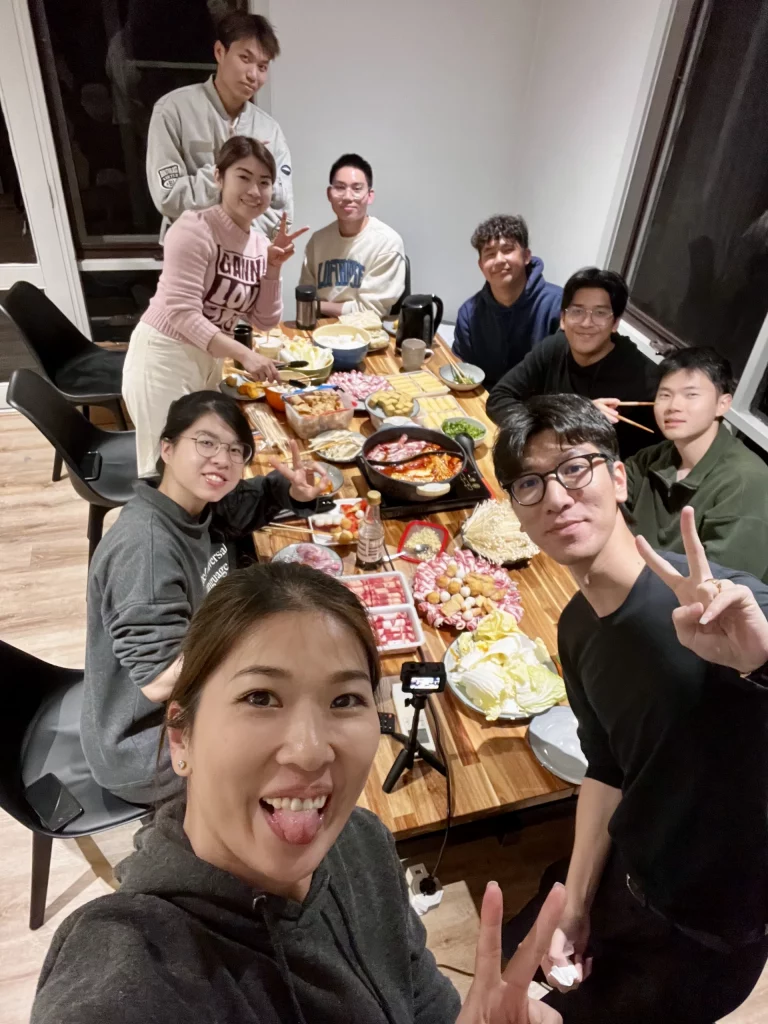
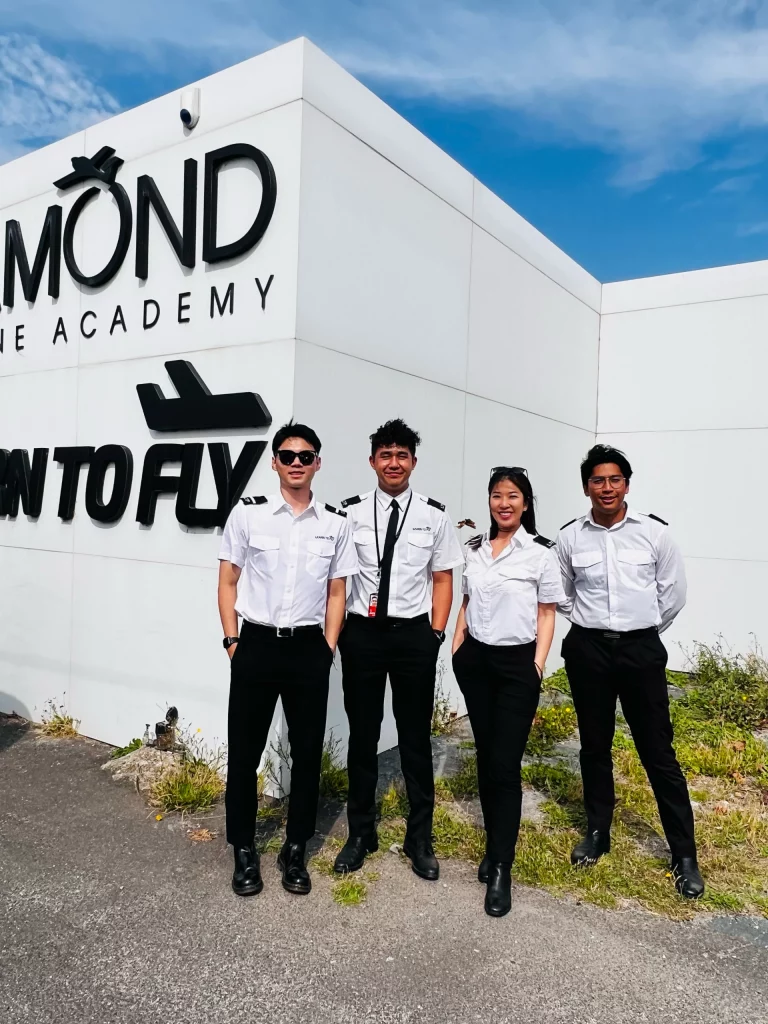
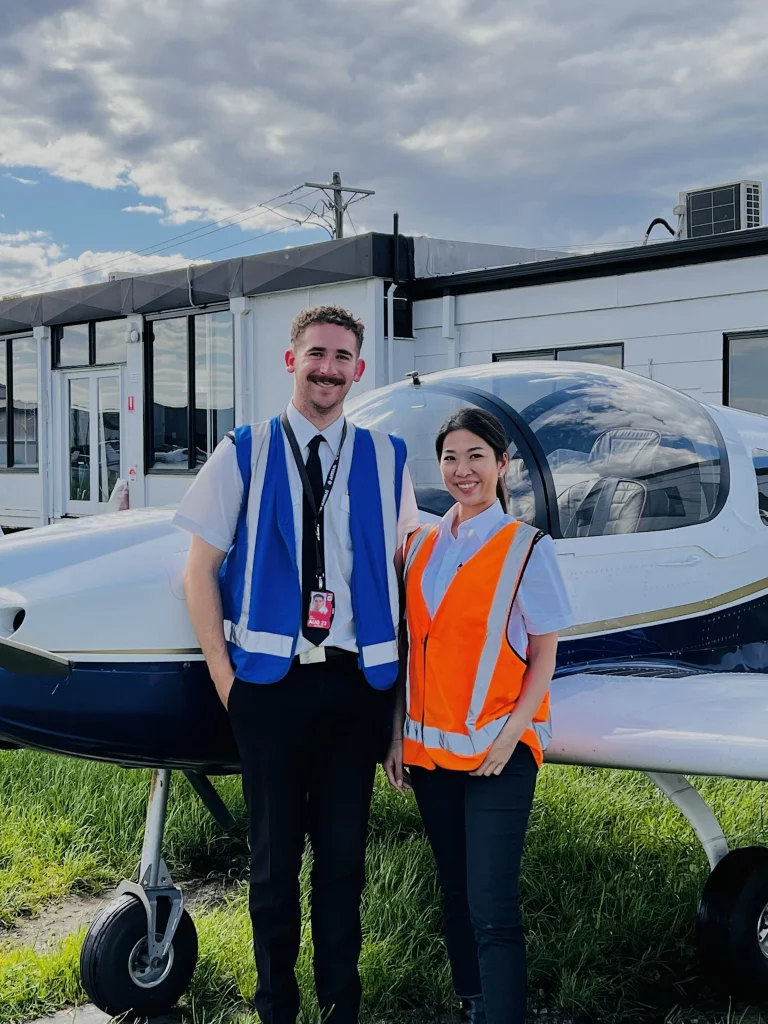
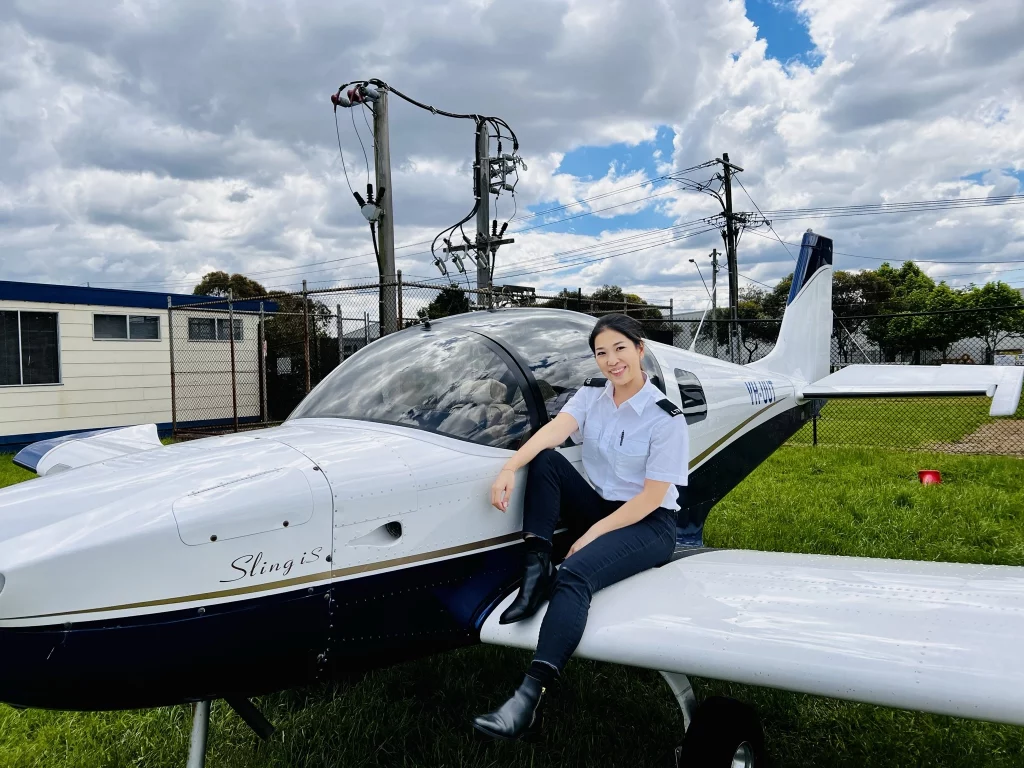
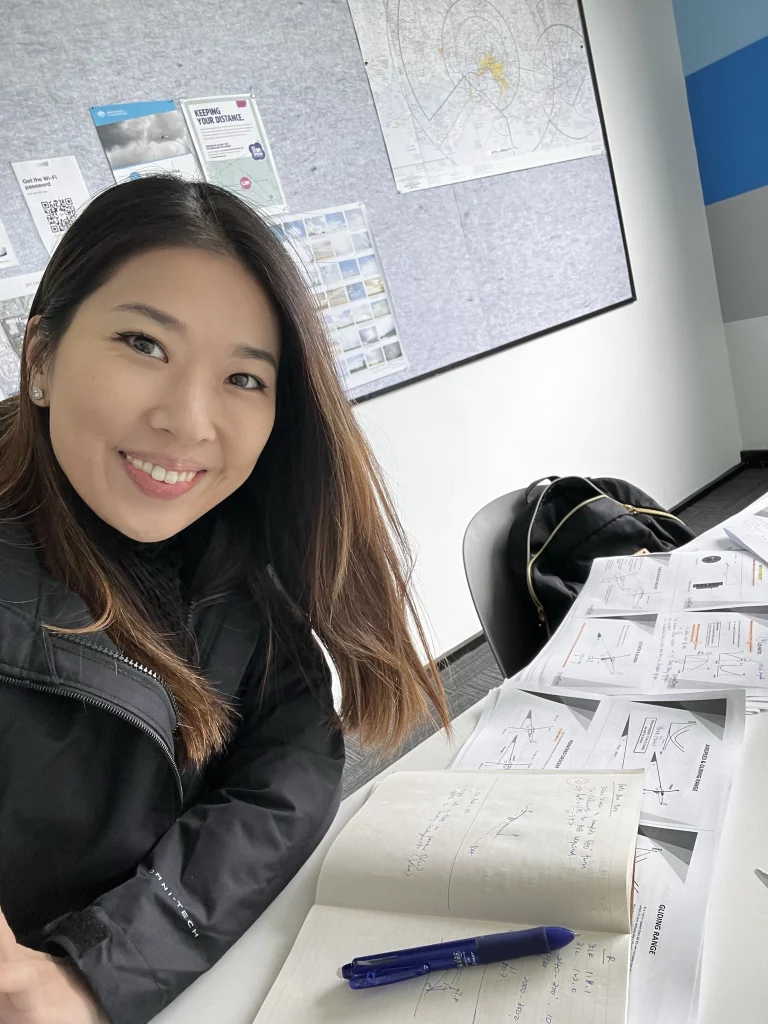
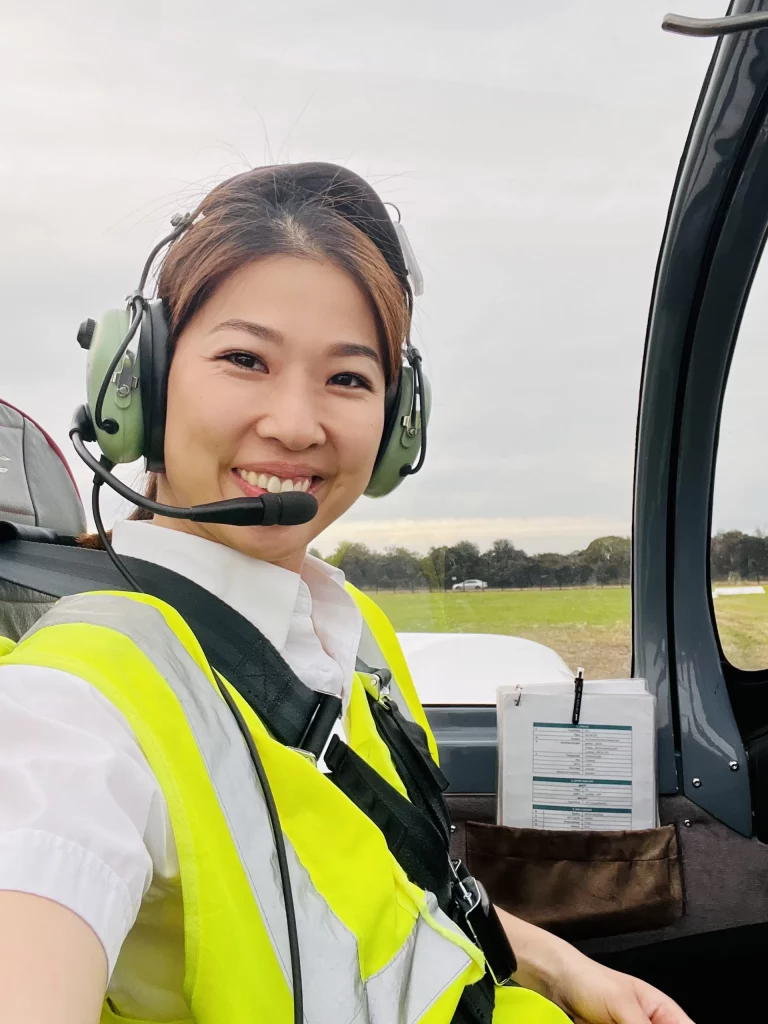
What Else Should I Know?
We’ve compiled a few useful posts that might help you out. Where ever you are on your aviation journey, the team at Learn To Fly Melbourne are here to help. We want you to pass your exams and have an excellent career, so please reach out if we can help support you through your course and studies!
Pilot Profile: Chun Ki – From Student Pilot to Flight Instructor
Chun Ki (Peter) Cheung was born in Hong Kong before he moved to Australia with big dreams of aviation. He started his training at the age of 18, completing his CPL, MECIR and FIR training with Learn to Fly. Now he’s a Grade 3 flying instructor! Read on to learn from his achievements.
Becoming A Flight Instructor – More Important Now Than Ever Before
We’ll discuss some of the benefits that explain why becoming a flight instructor is more important now than ever before.
Aspiring Career Pilots – Here’s Why You Need a Diploma of Aviation
With so many different types of aviation qualifications out there, which one should you choose? And which Melbourne flight school do you approach? These can be tricky questions to answer, so let us help you out.
Flight Instructor Training Endorsements – All You Need To Know
In this blog we’ll outline the Flight Instructor Training Endorsements that are available. We’ll also guide you on how each of these endorsements can add value to your role as a Flight Instructor and your progression as a professional pilot.


